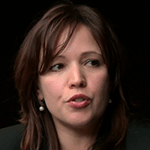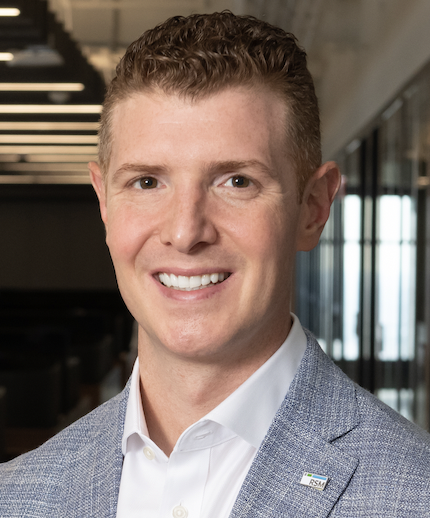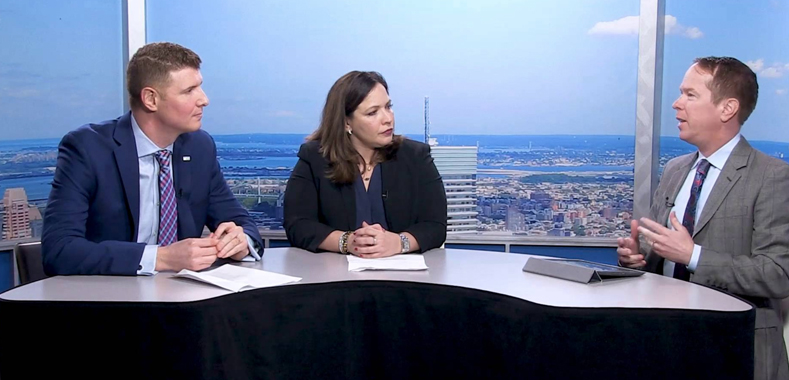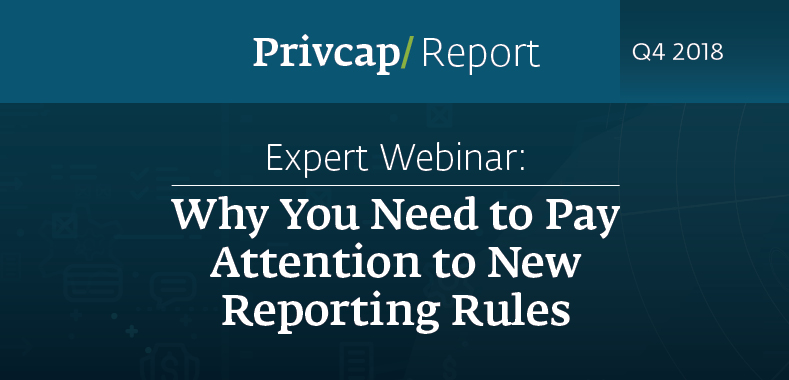The Challenge of ESG Data-Gathering
Download the article here
The data captured in an environmental, social, and governance program can be vast and voluminous. How should GPs approach this task and who on the team should lead it?
Privcap: With all the kinds of information that could be gathered as part of an ESG program, how can GPs know what information to prioritize?
DeCandido: It’s no different than any other challenge that GPs have in their organization. They need to fully understand who their stakeholders are and what their desires are.
Bosco: Institutional investors are pretty clear about what they want from you in terms of ESG. There’s not a lot of hiding the ball. But isn’t there ESG information that is too difficult for some GPs to gather?
DeCandido: I will say that often in early meetings with GP clients, they will say they don’t quite know whether they have the infra-structure, time, or the sophistication on this topic to be able to direct this strategic imperative.
Bosco: I think GPs sometimes forget the fact that there is wiggle room in negotiating with LPs about ESG reporting. To the extent that they are collecting a certain type of information and an investor asks for information that’s similar but not exactly what they do, there’s nothing wrong with calling that investor and just saying, “Look, this is what we’re currently doing. Will this suffice for your purpose?” Nine out of 10 times, it will. In your experience, are there any fields of information that GPs most often resist? DeCandido: In my experience, GPs don’t always volunteer their gender composition or their board’s gender composition. We see a lot of asset managers who fall into this “stale pale male” syn-drome—basically managers who fit a Caucasian background, an Ivy League background, and they don’t always have much ethnic or gender diversity. The data we see is that only 6 percent today’s of asset managers at leadership levels are women. That’s a little bit daunting, and there’s a lot of work to be done.
How about on the environmental side?
Bosco: That is something that is a lot of work, but the reality is, most times portfolio companies that are taking in capital from private equity have done this kind of background work because they know it will be expected of them at some point. So yes, car-bon footprint reporting, for example, is definitely one of the more complex issues. Water scarcity seems to be an issue as well. It is hard to wrap your head around how much water your portfolio companies are using, what are the metrics they’re using, etc.
Who at the firm should be in charge of ESG data-gathering?
DeCandido: At many of our clients, the individuals who will be fulfulling that responsibility do not yet know that because of the leanness of their organization. We’ve seen all types of arrangements. We’ve seen CFOs take the role. But at some point in the process, the analysts will have to be involved.
Bosco: The analysts and the deal team members are closest to the portfolio companies. They should gather that information and be responsible for getting that from the portfolio companies. Then we’ll recommend that the investor relations person be responsible for taking in that data, compiling it. You want to be the first one to know about that. Typically, the investor relations entity will own ESG until the firm becomes of a size or has the desire to hire a dedicated ESG person.
Are some managers afraid that in reporting their ESG information, they’ll be exposed as not doing a very good job on these fronts?
Bosco: You can’t measure what you don’t know. The first step in the process is asking the question. If you get information back that’s not consistent with what you thought it was or is not consistent with what your values are as a fund or a GP, then you have an opportunity to fix it.
DeCandido: Transparency is going to overcome the shortcomings that might be revealed in ESG measurements you’re not proud of. It’s an indication that the GP has a level of self-awareness to say, “Hey, look, we’re acknowledging this, and we’re acting to change it.” I think that’s a positive.
The data captured in an environmental, social, and governance program can be vast and voluminous. How should GPs approach this task and who on the team should lead it?








